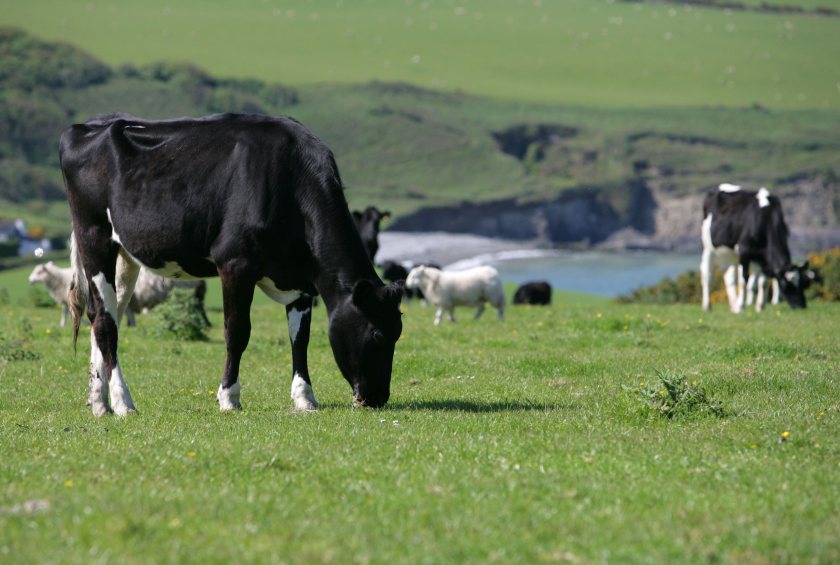
Wales is making progress in its bovine TB eradication programme, with a collaborative approach driving policy changes and support for farmers, the Welsh government says.
By working in partnership and introducing policy changes—such as revised on-farm slaughter rules and new movement restrictions for inconclusive reactor cattle—Wales is aiming to achieve official TB-free status by 2041.
Deputy First Minister and Cabinet Secretary for Rural Affairs, Huw Irranca-Davies, highlighted the importance of working alongside the Technical Advisory Group (TAG) and the Programme Board.
“Our partnership approach with TAG and the Programme Board is delivering real changes that help both tackle the disease and support farmers through difficult times,” he said.
“I’ve seen first-hand the distress TB causes farming families and businesses and I’m keen we take steps to address it.”
A key area of progress has been the review of the on-farm slaughter policy, which was the first priority identified by TAG.
Feedback from the farming community has been positive, the Welsh government claims, with many choosing to delay the slaughter of eligible cattle.
Since the policy was introduced a year ago, delayed removal agreements have helped avoid the on-farm slaughter of 242 animals from 111 herds— a quarter of those initially identified for slaughter.
Further policy developments were also announced, particularly around Inconclusive Reactor (IR) cattle.
Following requests from the farming industry and expert advice, changes will be made to how these animals are managed.
Mr Irranca-Davies said: “Evidence shows these resolved standard IR cattle are higher risk than other cattle, with a larger proportion going on to become TB reactors. This increases the chance of TB spreading between herds.”
Under new rules, resolved standard IR cattle will be restricted to their herds, with licensed movements permitted only directly to slaughter or to Approved Finishing Units. This policy is expected to come into force in the autumn.
A more regionalised approach is also bearing fruit. In Pembrokeshire, a strengthened partnership between vets and farmers—underpinned by data-sharing and education—is helping local efforts to control TB.
A similar initiative is being introduced in North Wales, where TB incidence is lower, to help prevent the disease from taking hold.
The TB Eradication Programme Board has also welcomed new members to broaden its reach and effectiveness.
A representative from the charity Farming Community Network has joined to ensure mental health support is considered in the programme.
Meanwhile, a representative from the Young Farmers’ Club Wales brings a new entrant’s perspective to succession planning and future sustainability.
Commenting on the current TB picture, Richard Irvine, chief veterinary officer for Wales, noted that while there is a long-term decline in new herd incidents, the number of cattle slaughtered rose in 2024.
This increase is attributed to the strategic use of the high-sensitivity gamma interferon blood test, used alongside standard tests to better identify infected animals in breakdown herds.
“Whilst this increases removal numbers, the aim is to reduce infection rates and prevent recurring breakdowns,” said Mr Irvine. “Our goal remains clear: better detection now means less disease in the future.”
Deputy First Minister Mr Irranca-Davies concluded: “I would like to thank members of both the Programme Board and TAG for their hard work and dedication.
"I am confident we have the right skillset and experience to provide the best possible advice to government on bovine TB, enabling us to do things differently in Wales.”
